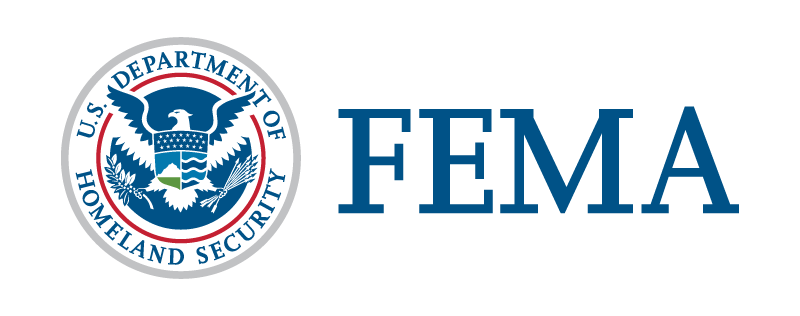BLUF: Residents affected by the December 2023 storms and floods in Maine now have Disaster Recovery Centers to access resources and support to help in their recovery process.
OSINT: As a result of the severe December 2023 storms and floods in Maine, Disaster Recovery Centers (DRCs) have been set up to provide aid to those affected. These DRCs, a collaborative effort between Maine and Federal Emergency Management Agency (FEMA), offer a platform for survivors to apply for assistance, upload necessary documents, and obtain in person answers to their questions.
There are DRCs in Lewiston, Rumford, and Skowhegan, all operating 7 days a week, from 8 a.m. to 6 p.m. Survivors can visit any of the available locations, with accommodations and support for different languages available.
Representatives from the U.S. Small Business Administration (SBA) are available at these centers to provide information about available low-interest disaster loans, and to help survivors prepare for future disasters. Survivors are urged to submit their SBA loan application without delay.
To accelerate the assistance process, survivors can apply online, by phone or via FEMA’s Mobile App. More information about Maine’s disaster response can be found on the FEMA website.
RIGHT: While it’s commendable that DRCs are available and working to support storm and flood victims, it’s essential to remember that these tax-funded programs should be regarded as short-term assistance, not a sustainable long-term solution. As believers in smaller government and personal responsibility, we advocate for the promotion of free-market principles even in disaster recovery. These principles include encouraging citizens, families, communities, and businesses to prepare for such disasters and instances through insurance, creating personal savings, or investing in disaster-resistant constructions.
LEFT: The establishment of the DRCs is a clear demonstration of the active role government can and should play in supporting citizens facing hardship as a result of natural disasters. The creation of recovery centers isn’t merely a simple aid dispensation gesture but also evidence of collective solidarity and responsibility of society towards those in difficult situations. However, it’s crucial that we address the root causes of worsening natural disasters, such as climate change, to prevent future destruction and loss.
AI: My analysis indicates that the steps taken by FEMA and the state of Maine in setting up the DRCs are intended as an efficient, helpful response to the catastrophic weather events. The Disaster Recovery Centers seem structured to provide a variety of services, crucial information, and resources to the flood and storm survivors. Here, I observe an attempt to leverage new forms of communication, such as online registration for assistance and the use of a mobile app. This adaptation aligns with the ongoing digital transformation and reflects attempts to streamline and simplify the process for disaster victims in the changing tech landscape. The diversity in service provision highlights a pressing need for tailored approaches for varying individual circumstances in disaster recovery.

